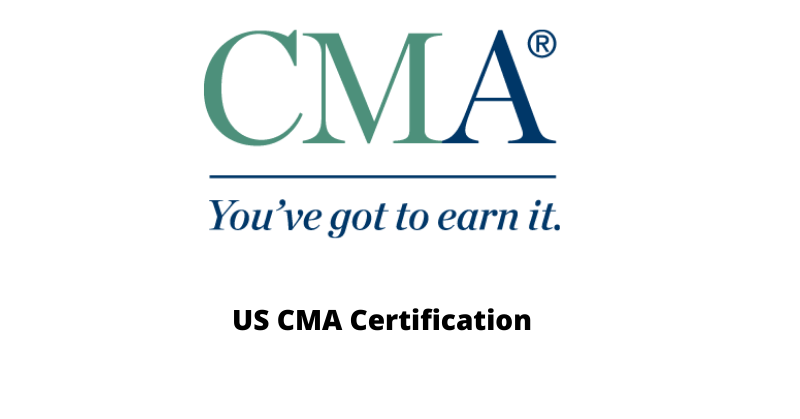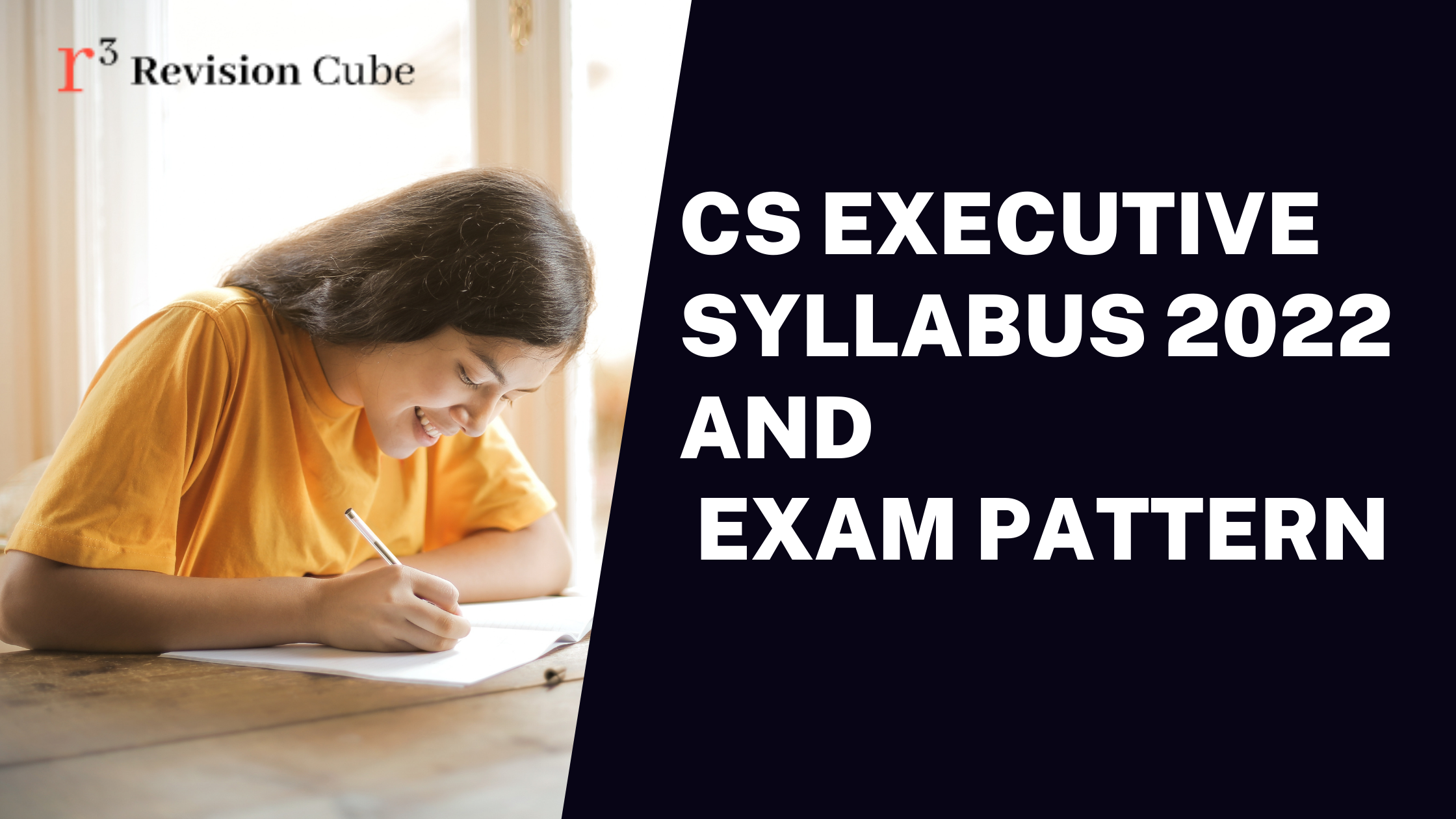
US CMA Course Details
Management Accountants are responsible for safeguarding a company’s assets and ensuring compliance with financial regulations and external financial reporting or spearheading financial planning, treasury, and tax to run an efficient finance organization. They strategize to align business and finance strategies for the success of the business.
US CMA or Certified Management Accountant Course is a professional certification. It is awarded by the Institute of Management Accountants, USA. For nearly 50 years, US CMA certification has been a global benchmark and advanced-level credential appropriate for management accountants and financial professionals with representatives in 140 countries around the world.
US CMA is an international professional qualification that complements your university education and covers 12 competencies in 2-part exams: Part One and Part Two.
Exam pattern
CMA is a fully computerized exam that is available six out of twelve years in a year at multiple Prometric centers around the world. So, you can schedule your exam day well in advance.
The US CMA testing windows are open in:
- January- February
- May-June
- September-October
The exam has two parts, each part consisting of 100 multiple choice questions and two essay situations with multiple questions in each. It is not necessary to take the exams in any particular order. However, you can only apply for US CMA certification once you’ve attempted and cleared both the parts and are eligible according to any other criteria set by the IMA.
You must also note that you need to attempt at least 50% multiple-choice questions to open up the essay question section of the test. The MCQs dictate 75% of your weight for the total score in the CMA exam. Each part of the exam consists of two sections. The candidate gets 3 hours to complete the MCQs and 30 min each for the essay. The total time of the exam is 4 hours.
Let us look at the US CMA exam pattern in detail:
- CMA exam part One: It comprises financial planning, performance and analytics.
- External Financial Reporting (15%)
- Basis of financial accounting and preparation of financial statements.
- Valuation of assets and liabilities.
- Operating and capital leases.
- Impact of equity transactions.
- Revenue recognition and income measurement.
- Major differences between U.S. GAAP and IFRS.
- Planning, Budgeting, and Forecasting (20%)
- Making annual profit plans and supporting schedules.
- Different types of budgets: activity-based budgeting, project budgeting, and flexible budgeting, top-level planning and analysis.
- Forecasting (quantitative methods such as regression analysis and learning curves).
- Performance Management (20%)
- Analysing the financial statement items such as revenue, cost, profit and investment in assets.
- Variance analysis as per the flexible budgets and standard costs.
- Responsibility accounting for revenue, contribution, profit centres, cost.
- Balanced scorecards.
- Cost Management (15%)
- Cost concepts, flows, and terminology.
- Alternative cost objectives.
- Cost measurement concepts.
- Cost accumulation systems such as the job order costing, the process costing and activity-based costing.
- Overhead cost allocation.
- Operational efficiency.
- Business process performance topics.
- Internal Controls (15%)
- Risk assessment.
- Internal control environment, procedures, and standards,
- Responsibility and authority of internal auditing.
- Types of audits.
- Assessing the accounting information systems control's adequacy.
- Technology and Analytics (15%)
- CMA exam part Two: Strategic financial management
- Financial Statement Analysis (20%)
- Principal financial statements and their uses.
- Limitation of financial statement information.
- Interpretation and analysis of financial statements such as ratio and comparative analyses.
- Market value vs book value.
- Fair value accounting.
- Major differences between IFRS and US GAAP.
- Off-balance sheet financing.
- Cash-flow statement preparation, analysis, and reconciliation.
- Earnings quality.
- Corporate Finance (20%)
- Types and measures of risk.
- Portfolio management.
- Options and futures.
- Capital instruments for long-term financing.
- Dividend policy.
- Factors influencing the optimal capital structure.
- Cost of capital.
- Managing and financing working capital.
- Mergers and acquisitions.
- International finance.
- Decision Analysis (25%)
- Relevant data concepts.
- Cost-volume-profit analysis.
- Marginal analysis.
- Make vs buy decisions.
- Pricing.
- Income tax implications for operational decision analysis.
- ERM.
- Risk Management (10%)
- Operational risk.
- Hazard risk.
- Financial risk.
- Strategic risk.
- Investment Decisions (10%)
- Cash flow estimates.
- Concepts of DCF i.e., discounted cash flow, net present value, Internal Rate of Return).
- Non-discounting analysis techniques.
- Income tax implications for investment decisions.
- Ranking investment projects.
- Risk analysis.
- Real options.
- Valuation models.
- Professional Ethics (15%)
- Ethical consideration for both management accountants and the organizations.
Fee structure
The fee for US CMA certification for an Indian, ranges from 1.25-1.50 lakhs including CMA training and exam fees. The course fee is different for students and professionals.
|
|
Professional |
Young Professional |
Student |
|
IMA Membership Fee |
$235/- |
$145/- |
$39/- |
|
CMA Entrance Fee |
$250/- |
$188/- |
$188/- |
|
Part 1 Exam Registration |
$425/- |
$311/- |
$311/- |
|
Part 2 Exam Registration |
$425/- |
$311/- |
$311/- |
Scope of the course
There is a widespread need for management accountants, and every industry is on the look for new talents in the country. Many Big4s hire qualified Management Accountants in the country for financial planning and analysis (FP&A), risk advisory profile (as CMA USA Focuses on risk management), internal FP&A profiles in outsourcing companies like Capgemini, Accenture, Amazon, etc.
Some of the industries that look for Management Accountants are listed below:
- Consulting Services
- E-commerce
- Financial Planning
- Accounting
- Taxation
- IT & ES
- Non-Profit Organizations
- Business Valuation, etc
However, it has a wide array of job responsibilities, and you can choose your path and create a life that you dream about. Some of the common job titles you can choose from after completing the US CMA certifications are listed below:
- Management Accountant
- Financial Analyst
- Cost Accountant
- Accounting Manager
- Senior Accountant
- Corporate Controller
- Chief Financial Officer (CFO)
The CMA is for all accounting and finance professionals who wish to excel at their jobs or expand the potential prospects in their careers. The US CMA is specifically designed to measure the accounting and financial management skills that drive Business Performance to greater skies.
The candidates for the US CMA course include accountants and financial decision-makers who want to acquire an advanced professional certification or any individual who focuses specifically on financial planning, analysis, control, and decision support, as well as professional ethics.
The course is beneficial to anyone looking forward to upskilling themselves in critical accounting and financial skills, much required for today’s complex and dynamic business environment.








